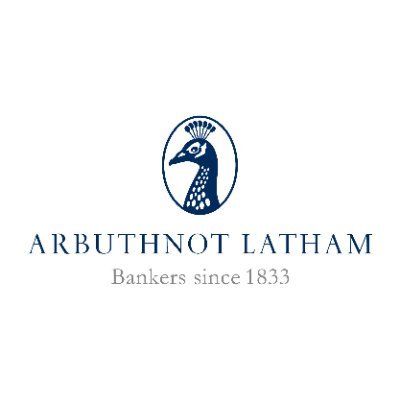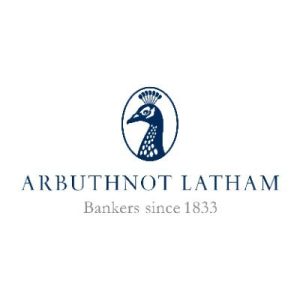Inheritance tax receipts are climbing to unprecedented levels, with HMRC collecting record sums and this trend showing no signs of abating. The 2024 Autumn Budget has brought even greater urgency to estate planning, as extensions to frozen tax thresholds and new measures are set to increase IHT bills for many. Arbuthnot Latham wealth planner, Gary Jasper, outlines the reasons behind rising IHT receipts and explores actionable strategies to help protect your wealth and ensure a smoother transfer to your beneficiaries.
Inheritance tax (IHT) receipts have surged significantly, reflecting a combination of economic and legislative factors. Between April and October 2024, HMRC reported a staggering £5.0 billion in IHT receipts—£500 million higher than the same period last year. This growth is driven by frozen thresholds that fail to keep pace with inflation, soaring property prices pushing more estates above the IHT threshold, and a lack of proactive financial planning. With the nil-rate band and residence nil-rate band allowances frozen until 2030, the burden on estates is set to grow.
The nil-rate band (NRB) allows individuals to pass £325,000 of their estate tax-free, a figure unchanged since 2009. When adjusted for inflation and property price growth, its real value has eroded significantly. The residence nil-rate band (RNRB) offers an additional £175,000 for direct descendants inheriting a family home, allowing married couples to pass up to £1 million tax-free. However, high-value estates over £2.7 million do not benefit from the RNRB, and those exceeding £2 million see gradual reductions.
The Autumn Budget extended the freeze on both allowances to April 2030, compounding the challenge for many families. Yet, with strategic planning, there are numerous ways to mitigate IHT exposure and safeguard your legacy.
Lifetime cashflow planning offers a foundation for effective IHT management, enabling individuals to balance enjoying their wealth today with reducing their taxable estate. This may include lifetime spending or gifting strategies, which allow the transfer of wealth free of IHT when structured correctly. Annual gifting allowances and other exemptions provide immediate benefits, while larger gifts can become exempt after seven years.
Trusts remain a cornerstone of estate planning, offering a flexible way to gift assets while retaining control. Similarly, pensions, historically outside the scope of IHT, offer significant tax efficiency. However, changes proposed in the Autumn Budget will bring some defined contribution and defined benefit pensions under IHT assessment from April 2027, making timely planning essential.
Business relief provides further opportunities to reduce IHT, although reforms effective from 2026 will reshape the landscape. The introduction of a single £1 million allowance for qualifying business property and changes to AIM shares underscore the need for professional advice. Family investment companies (FICs) offer another sophisticated tool for managing wealth transfer, particularly for larger estates, but require meticulous planning to align with long-term goals.
Protection policies, such as whole-of-life insurance written in trust, are increasingly popular for covering IHT liabilities. With nearly 29,000 policies taken out in 2023 alone, this approach provides liquidity and peace of mind. Alongside these measures, drafting a clear and up-to-date will and establishing lasting powers of attorney ensure that your wishes are respected and your assets managed effectively.
As legislative changes continue to reshape the IHT landscape, proactive engagement with wealth planners is vital. Arbuthnot Latham’s team can craft personalised strategies tailored to your financial objectives, helping you navigate complexities and secure the future for your loved ones.
Arbuthnot Banking Group PLC (LON:ARBB), trading as Arbuthnot Latham, provides private and commercial banking products and services in the United Kingdom. Founded in 1833, Arbuthnot Banking is based in London, United Kingdom.


